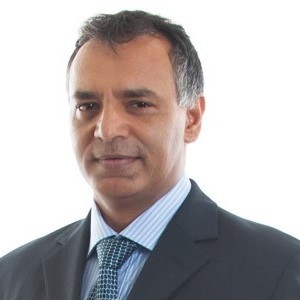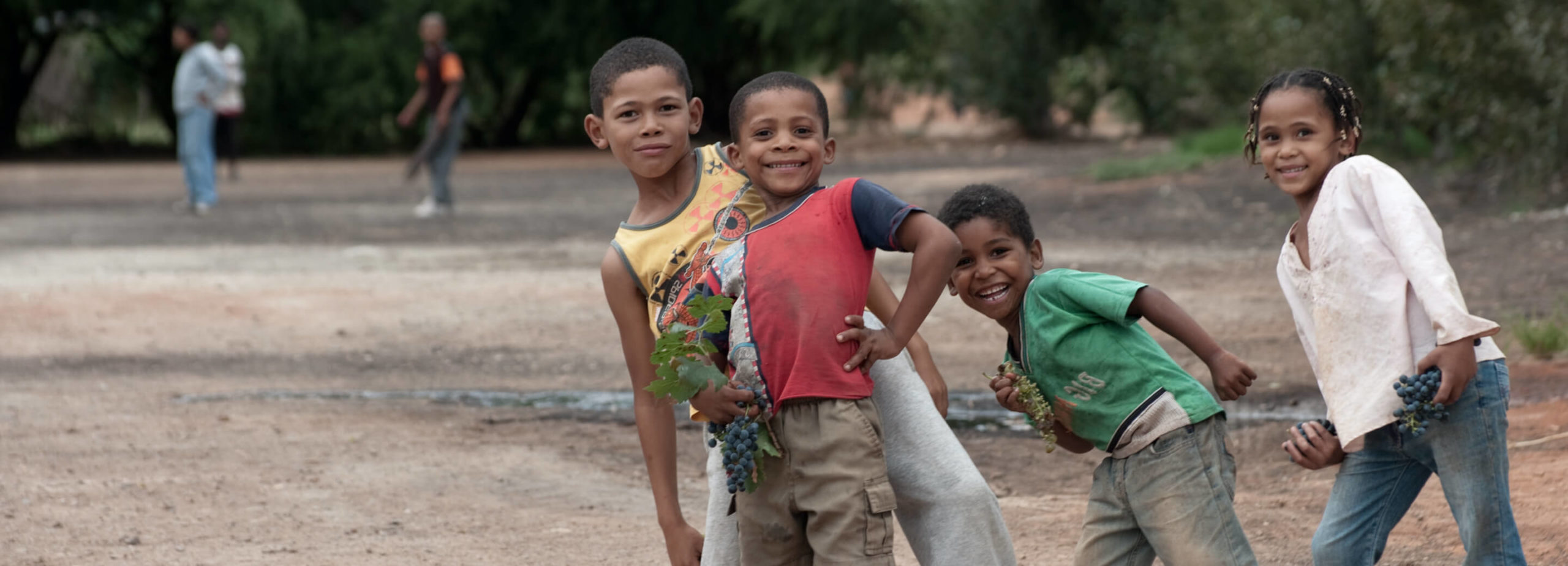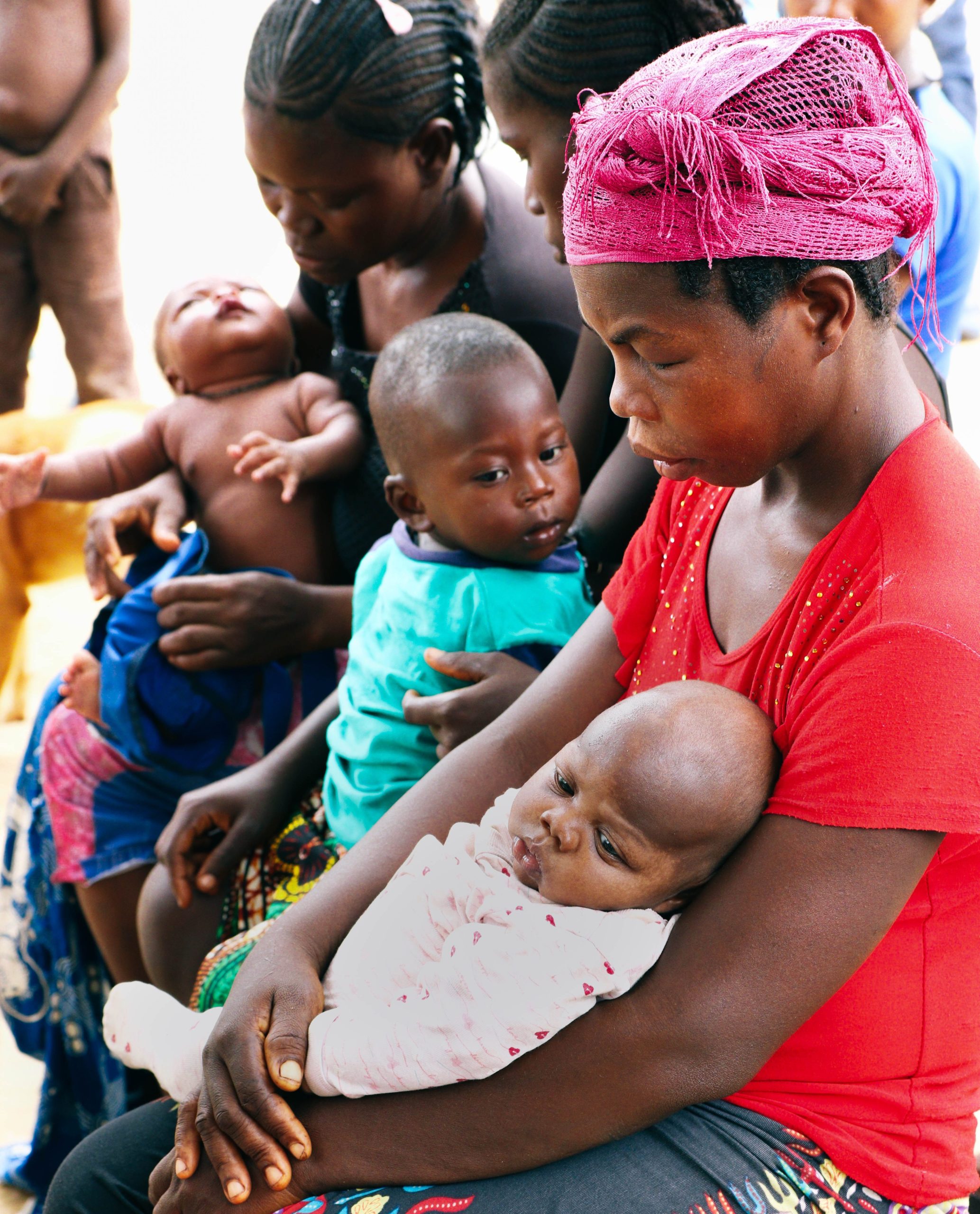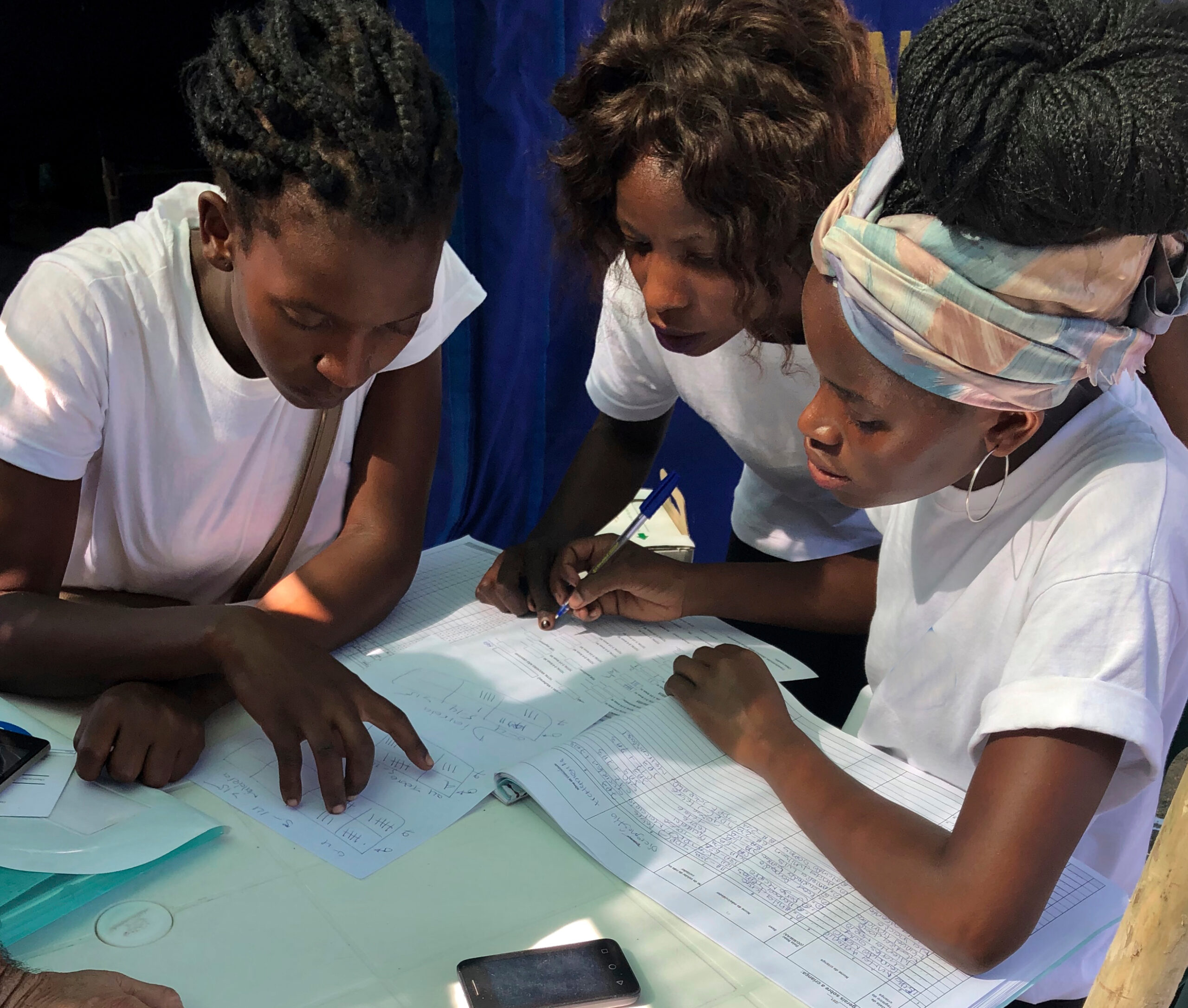
Dr. Shabir Madhi
Professor of Vaccinology, Director of the Medical Research Council, University of Witwatersrand, CHAMPS South Africa, Site Director

Dr. Shabir Madhi
Professor of Vaccinology, Director of the Medical Research Council, University of Witwatersrand, CHAMPS South Africa
Dr. Shabir Madhi is a Professor of Vaccinology and Director of the Medical Research Council Respiratory and Meningeal Pathogens Research Unit at the University of Witwatersrand (Wits) in South Africa. He holds the position of Research Chair supported by Department of Science and Technology/National Research Foundation in Vaccine Preventable Diseases and co-Director of the African Local Initiative for Vaccinology Expertise (ALIVE). He is also the immediate past-Director of the National Institute for Communicable Diseases (2011-2017) in South Africa and Current Chair of the National Advisory Group on Immunization in South Africa.
Professor Madhi has been involved in research on vaccine-preventable diseases, including in HIV-exposed children, since 1997. His research included undertaking pivotal studies on the efficacy of pneumococcal conjugate vaccines (PCVs) and rotavirus vaccines in Africa. These studies contributed to the WHO recommending the introduction of these life-saving vaccines into public immunization programs globally, and also prompted South Africa to be the first in Africa to introduce these vaccines in its national immunization programs. More recently, his research focus has expanded to the prevention of infectious diseases during early infancy, including studies on the role of maternal immunization in improving fetal outcomes and reducing early-infancy morbidity and mortality.
Professor Madhi has contributed to over 360 peer reviewed articles in international journals. He is recipient of a number of awards for his research, including the ESPID Young Investigators Award, the National Research Foundation President’s Award for Transformation of the Science Cohort, the TW Kambule NRF-NSTF Award: Senior Black Researcher over the past five to 10 years (2010), Vice-Chancellor’s Award for Research at University of the Witwatersrand, and the South African Medical Research Council: Lifetime Achievement Award. He is also an A-rated Scientist (internationally recognized) by the National Research Foundation since 2011.
He completed his undergraduate and postgraduate training at Wits, qualified as a pediatrician in 1996, obtained his PhD in 2003, and is certified in Infectious Diseases in South Africa. Since 2017, he is an elected member of the Royal Society of South Africa and The World Academy of Sciences (TWAS).





